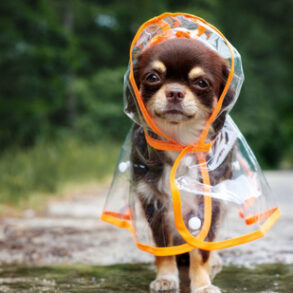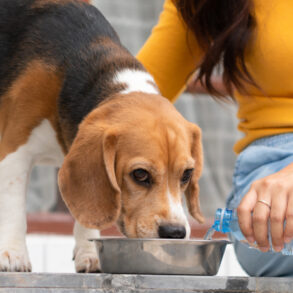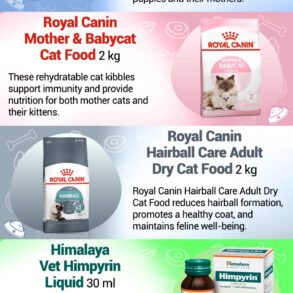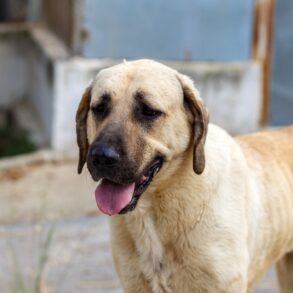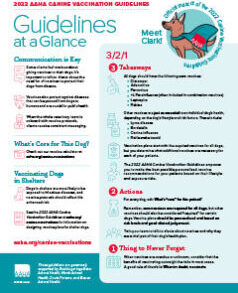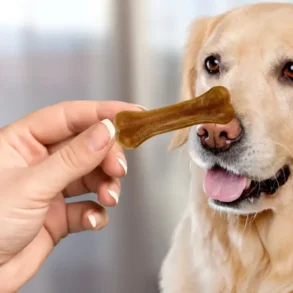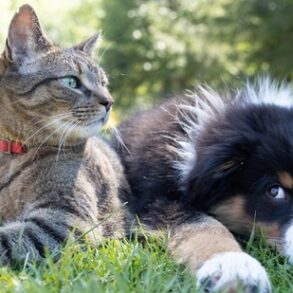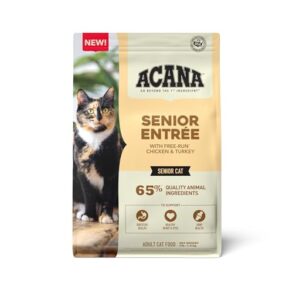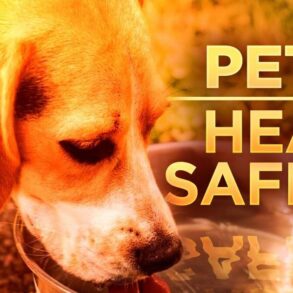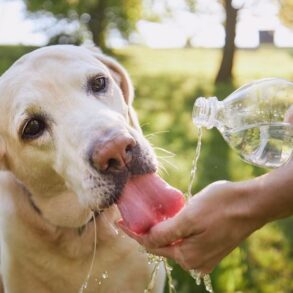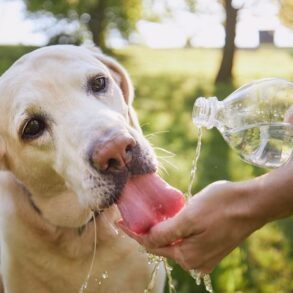The benefits of cleaner air extend beyond humans to animals as well. As our environment has become increasingly polluted over the last few years, it is not just humans who are affected but our pets, too, are facing significant health risks due to deteriorating air and environmental quality. While we have long known the harmful effects of pollution on humans, recent studies have highlighted the alarming impact pollution can have on animals, particularly in urban environments. Let us delve into this a little bit more with this small read that sheds light on how pollution could be harming the four-legged.
Also Read: Pet Care 2025: How to Keep Your Furry Friends Healthy And Happy
How Does Air Pollution Affect Dogs And Cats?
Contaminated air affects pets in many of the same ways it affects humans. Pollution, especially in the form of particulate matter or PM2.5, is a major contributor to respiratory problems in pets. PM2.5 refers to tiny particles or droplets that are 2.5 micrometers in diameter. This means they are smaller than the width of a human hair. These particles are easily inhaled and can penetrate deep into the lungs, leading to a variety of health problems. Pets exposed to high levels of pollution especially in urban areas are at risk of many health issues. Dogs are more likely to inhale harmful pollutants while walking or playing outdoors. This exposure can lead to symptoms such as coughing, laboured breathing, or chronic conditions like pet asthma or bronchitis. Pets living in high-traffic areas are at the greatest risk. Pets that spend a lot of time outdoors or in urban environments with heavy traffic activity are most vulnerable.
Shop From Our Wide Range Of Pet Health Supplements
Why Pets Are Affected By Poor Air Quality?
Dogs and cats who spend a significant amount of time outdoors, inhaling polluted air are at an increased risk. Dogs, for example, are exposed to pollutants while walking on streets, running in parks, or simply playing outside. The pollutants not only harm their lungs but can also lead to other systemic health issues. Recent studies have shown a worrying rise in respiratory diseases and other conditions in pets living in areas with high levels of pollution. For pets living in cities or areas with heavy traffic, the risk is even greater. Affected pets often display symptoms such as coughing, wheezing, and labored breathing, which are common indicators of respiratory distress. In severe cases, they may suffer from chronic conditions like bronchitis or even pet heart failure.
Long-Term Effects Of Pollution On Pets
The long-term effects of pollution on pets’ health can be profound. Just like humans, prolonged exposure to polluted air can increase the risk of developing chronic diseases such as pet asthma and cardiovascular problems. Moreover, polluted environments can exacerbate existing conditions such as pet allergies, making it more difficult for pets to recover from illnesses or infections. One notable concern is that pets often do not have the same level of access to healthcare as humans. Many pets, especially in lower-income households, may not receive timely veterinary care, which can lead to the exacerbation of symptoms or even permanent damage to their health. As a result, addressing air quality in urban areas becomes crucial in improving the overall health and well-being of pets.
Steps For Pollution Prevention For Pets
As we become more aware of the connection between pollution and pet health, protecting your pet from pollution is extremely important. The governments can do more to address air pollution through stronger regulations on vehicle emissions and industrial activity which will effectively reduce pollution and help he humans and their furry friends. By making small strides to improve air quality, we not only safeguard our health but also ensure that our beloved pets can enjoy a longer, healthier life. Pet owners have an important role to play in safeguarding their pets from the negative effects of pollution. Here are some actionable tips to help your pets thrive in polluted environments:
- Limit outdoor exposure: Avoid walks and outdoor activities during times of high pollution, especially in areas with heavy traffic or poor air quality.
- Maintain a healthy diet: A well-balanced diet with nutritious food and clean water helps strengthen your pet’s immune system, making them more resilient to environmental stressors.
- Create a clean indoor environment: Keep your pet’s living space free from pollution and allergens by regularly cleaning and maintaining a stress-free environment.
- Consider supplements: Consult your veterinarian about adding pet health supplements to your pet’s diet to address any nutritional deficiencies or support overall well-being.
Conclusion
Pollution is a growing threat to both human and pet health. By understanding the risks of poor air quality and taking the necessary steps to protect your pets, you can help ensure they lead long, healthy lives. With awareness and proactive measures, we can reduce the impact of pollution on pets and improve their overall health and well-being.
(This article is reviewed by Kalyani Krishna, Chief Content Editor)
Author Profile: Preeti Sharma
Preeti Sharma has a master’s in electronic media and mass communication and certification in short-term writing from Florida. With close to a decade of experience, she specializes in crafting engaging blogs on beauty, veterinary care, and healthy cooking. Preeti is proficient in video editing tools and produces captivating and informative content across multiple platforms.
References
Pet ownership and human health: a brief review of evidence and issues
Croit Cullach, Durnamuck, Dundonnell, Ross-shire
Society for Companion Animal Studies, Blue Cross, Burford, Oxon
https://www.ncbi.nlm.nih.gov/pmc/articles/PMC1289326/
https://www.researchgate.net/publication/375121206_The_role_of_dogs_in_maintaining_health_and_quality_of_life
Disclaimer:
The content provided here is for informational purposes only. This blog is not intended to substitute for medical advice, diagnosis, or treatment. Always seek the advice of a qualified healthcare provider for any questions or concerns you may have regarding a medical condition. Reliance does not endorse or recommend any specific tests, physicians, procedures, opinions, or other information mentioned on the blog.
Related Posts
Related Products
Latest Posts
This post was originally published on this site be sure to check out more of their content.









